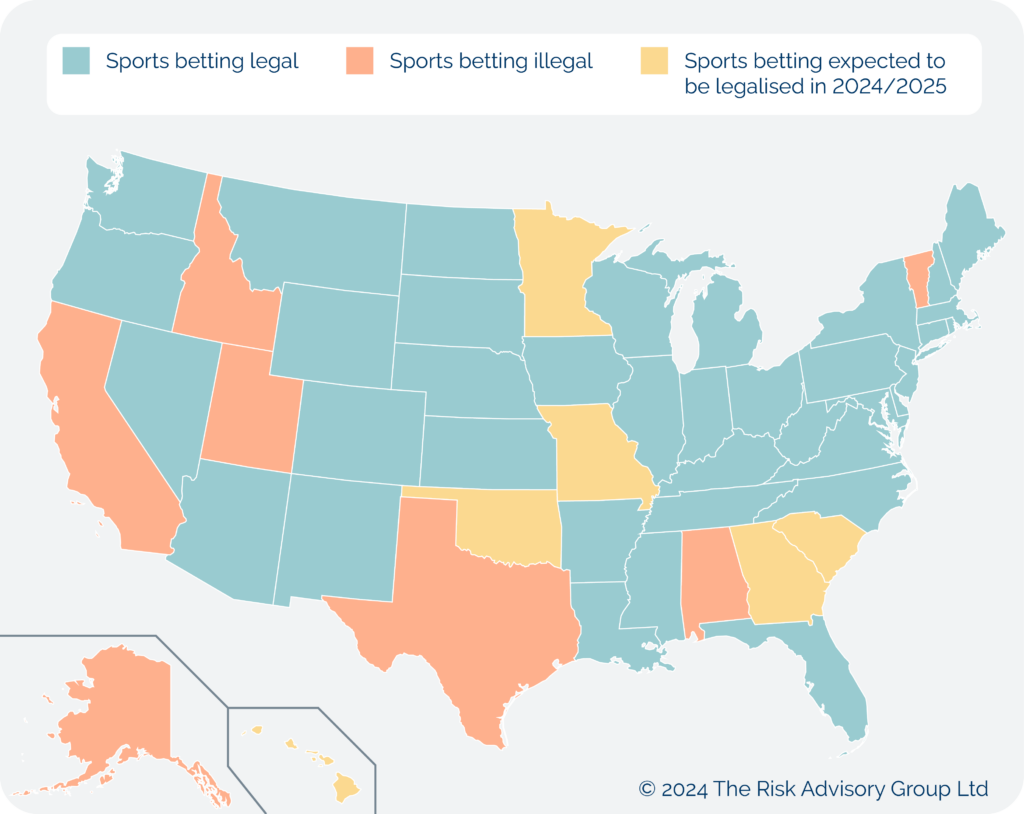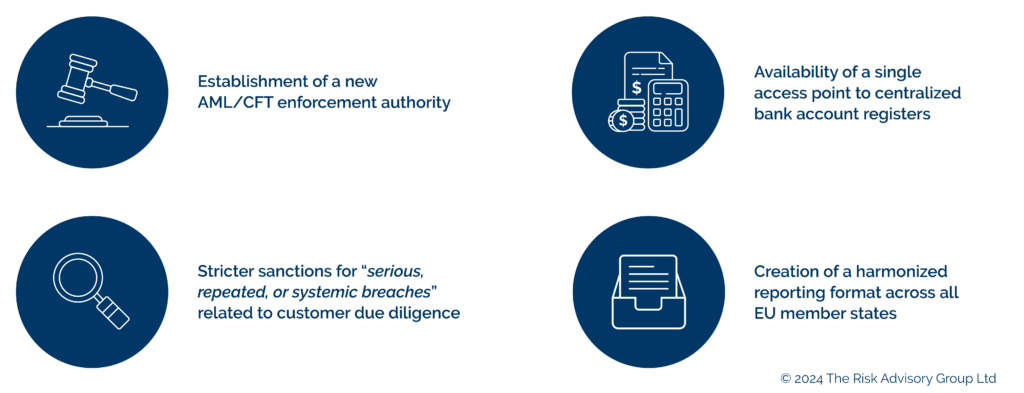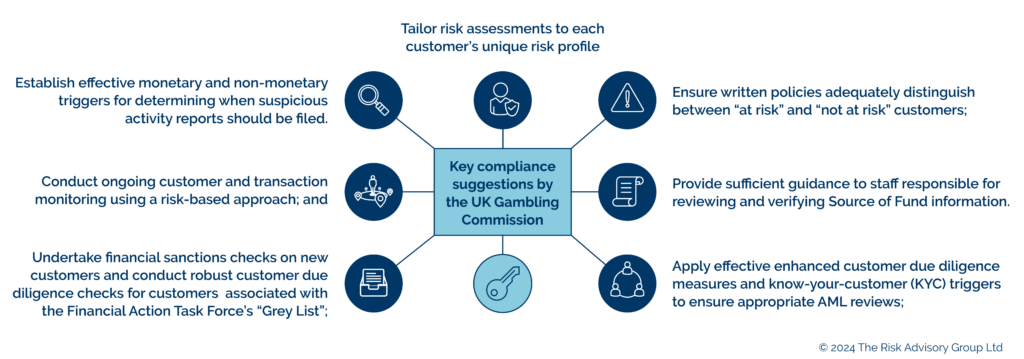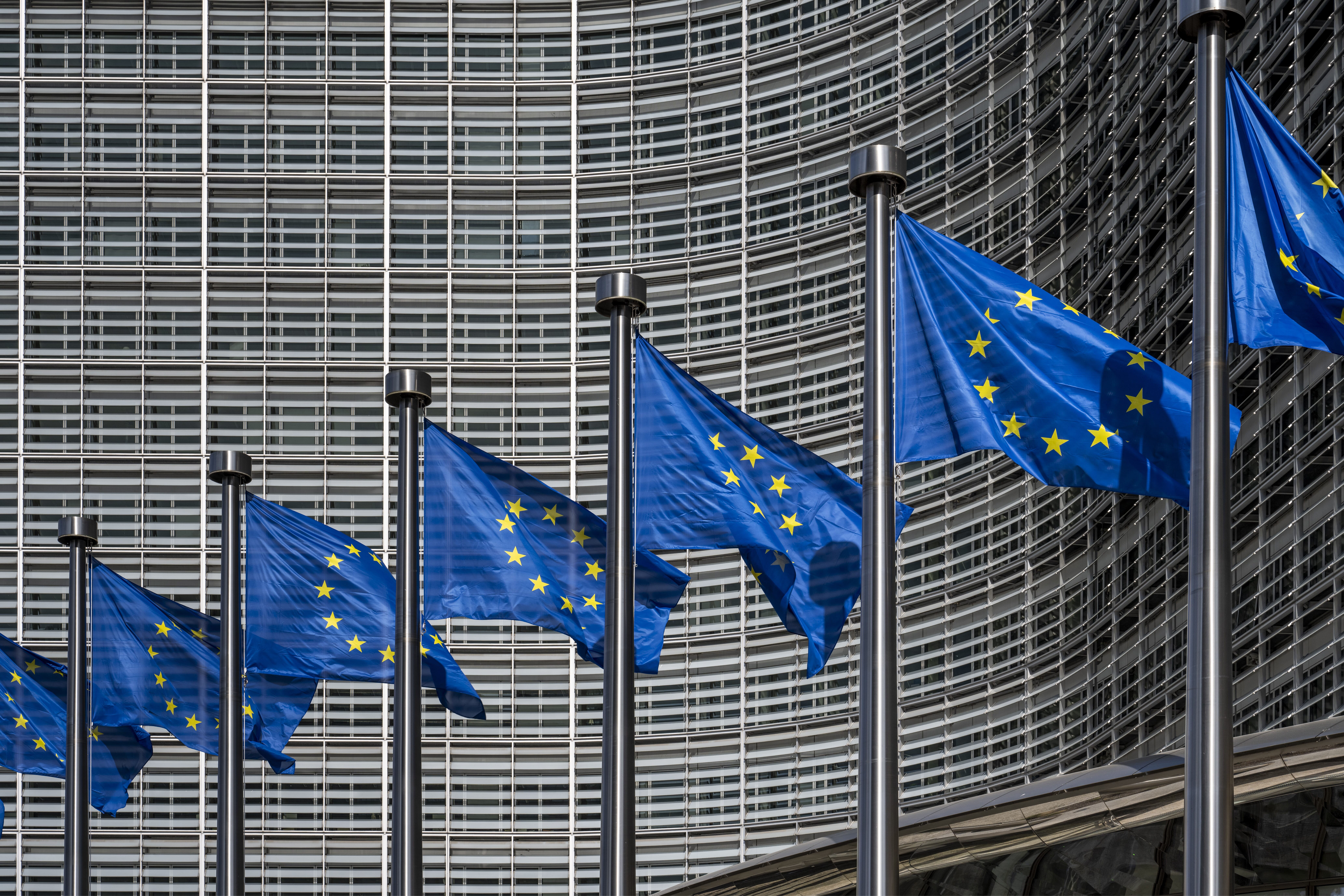News
AML compliance guidance for the gambling industry

Every year, billions of dollars in financial transactions flow through the global gambling market, making the industry an attractive target for criminals looking to launder illicit proceeds. And as the industry has expanded in recent years, so have the financial crime risks it poses, as well as the regulatory burden of ensuring appropriate compliance and anti-money laundering programmes are in place.
The UK Gambling Commission has historically led the way, both in terms of the robustness of the regulation and the severity of the fines issued to those shown to have failures. However, the EU is now sharpening its teeth as it looks to tackle these new risks head-on.
Sports betting leads the way
Recent data shows how lucrative the online gambling industry has been year-on-year. According to the UK Gambling Commission’s “Annual Report and Accounts 2022 to 2023,” over 2,400 gambling operators were licensed to provide gambling activities in Great Britain in 2022, including both brick-and-mortar and online gambling activities. Although this constituted a slight drop from the number of operators licensed in 2023 (2,419), new account registrations in 2023 were 9.1% higher than in 2022.
Unsurprisingly, Gross Gambling Yield (GGY) has also increased substantially over recent years. The figure stood at USD 19.5 billion (GBP 15.1 billion) for 2022-2023, a 6.8% increase compared to 2021-2022 and a 6.6% increase on the last pre-lockdown period from 2019 to 2020. This trend has primarily been fuelled by growth in the sports betting segment, in particular since the COVID-19 pandemic outbreak. Bolstered by easy access to online apps allied with an aggressive advertising and marketing strategy, online sports betting has exploded over the past couple of years.
The trend also holds true for the US. However, here it has been fueled by the US Supreme Court’s lifting of the federal ban on sports betting in March 2018. As illustrated in the graphic below, since then, 37 states, the District of Columbia, and Puerto Rico have legalised sports betting, with six additional states poised to follow in their footsteps in 2024 and 2025.

According to the American Gaming Association (AGA), Americans have collectively wagered more than USD 220 billion in legal sports bets since May 2018, with over 31 million Americans registering with regulated and licensed sports betting operators in the country. Additional data from the AGA showed that in 2023 the US sports betting industry generated USD 11 billion in revenues, a 46 percent increase on the previous year. As per Statista, a leading online data gathering and visualisation tool, the projected market volume of sports betting in the US is estimated to reach nearly USD 24 billion by 2029.
Record regulatory activity
Unsurprisingly, the increase in gambling has been accompanied by an increase in regulatory activity. In 2023, global penalties in the gambling industry reached over USD 447 million, a 44 percent spike compared to the USD 310 million in total penalties issued by enforcement bodies globally in 2022.
This trend can also be seen in the UK. Gambling Commission data shows that over the last eight years, the organisation has issued more than USD 248 million (GBP 191.9 million) in penalties, with 2022-2023 witnessing the two largest-ever fines: the record USD 24.8 million penalty (GBP 19.2 million) against three gambling businesses owned by William Hill Group, and a USD 22 million (GBP 17 million) penalty against Entain Group, both due to serious social responsibility and AML failures. So far in 2024 more than USD 11,7 million (GBP 9 million) in penalties have already been issued by the Gambling Commission, making it one of the UK’s most active enforcement authorities.
Yet compliance challenges remain
In some ways, online gambling faces the same risks in terms of illicit financial schemes as brick-and-mortar casinos. Prime among these is the practice of depositing crime proceeds into betting accounts and then withdrawing the funds after minimal betting activity, thus disguising the illicit funds as legitimate gambling winnings.
However, online gambling brings with it increasingly complex compliance challenges. These include the particularly high volume of transactions involving large sums of money being moved around frequently which are difficult to monitor, as well as the rise of digital payments and the use of cryptocurrency which carry their own challenges when it comes to tracking the origin and destination of funds. The diversity of the client portfolio is yet another complication when running risk assessments. In some countries, these risks are further exacerbated by the lack of effective regulation.
How the UK and Europe are tackling them
In the UK, the previous government outlined its recommendations for the gambling industry in a white paper released in April 2023. This was aimed at bringing the Gambling Act 2005 in line with the digital age. If supported by the current government under Keir Starmer, these recommendations will be incorporated into the “Licence Conditions and Codes of Practice” (LCCP), the official rulebook for gambling operators. Although Labour has yet to make public its legislative ambitions for the gambling sector, industry insiders have hinted that they are likely to align with the previous government, at least on these matters.
Most relevant to AML efforts, the proposed changes would give the Gambling Commission greater enforcement powers to tackle black market operators through court orders and to work with internet service providers (ISPs) to block or remove illegal gambling sites.
“The gambling industry has changed significantly since 2005 and our advice sets out changes that will ensure Britain is the safest and fairest place to gamble in the world.”
Andrew Rhodes, Gambling Commission CEO
In the EU there are also changes afoot. In May 2024 the European Council approved the new AML/CFT legislative package, which will harmonise rules across Europe for the first time, bringing major changes to the region’s regulatory regime. These changes, detailed in the graphic below, are expected to become a benchmark for the UK as well as other jurisdictions across the globe.

So what does best practice look like?
To assist online gambling operators with their compliance obligations under the new EU AML rules, The European Gambling and Betting Association (EGBA) has developed sector-specific guidelines for conducting risk assessments, customer due diligence processes, STRs, and recordkeeping among other tasks. In return, EGBA members must submit annual reports summarising their progress in implementing the guidelines, with other operators encouraged to join the initiative.
“There’s currently a lack of sector-specific guidance to help Europe’s online gambling operators in their AML compliance efforts and these guidelines provide a valuable tool to fill this gap and help operators achieve the highest possible standards.”
Dr Ekaterina Hartmann, Director of Legal and Regulatory Affairs, EGBA
The UK Gambling Commission has also recently outlined a range of ways in which the risks facing global gambling operators can be mitigated, as outlined in the graphic below.

In meeting the increased financial crime risks head on, operators should look to recent enforcement actions as well as the regulatory guidance that exists when overhauling their own AML compliance procedures.
Newsletter signup
Related Articles

Intelligence delivered ingeniously
Helping key decision makers, make the right commercial decisions


